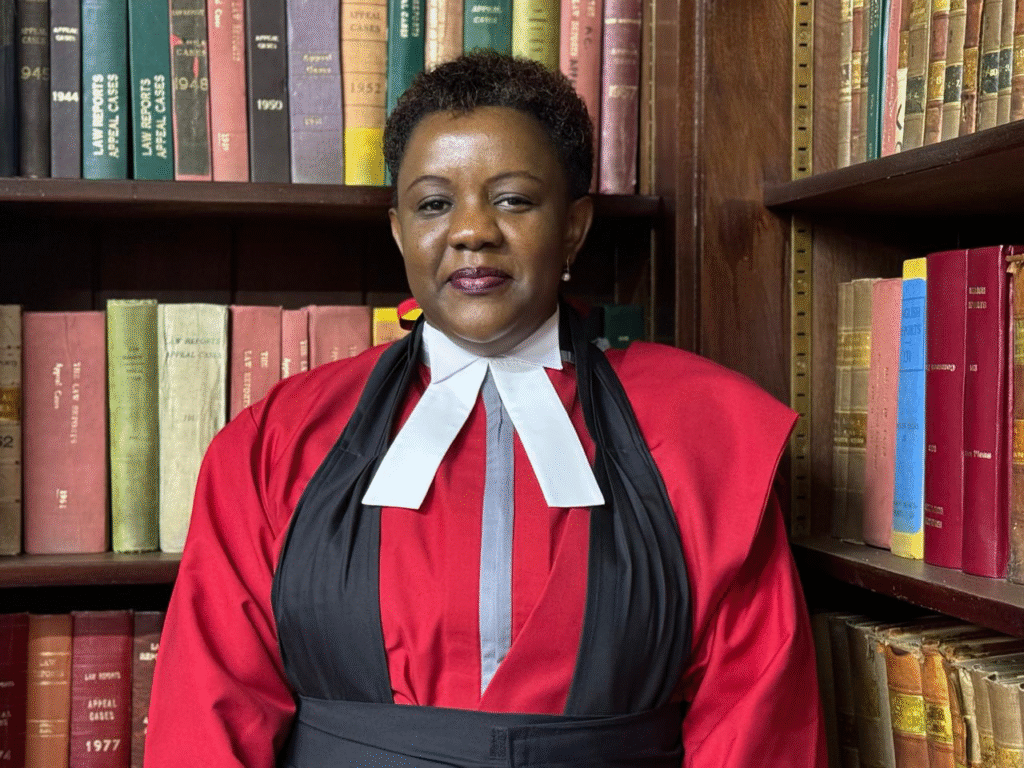A 31-year succession war that outlived the deceased, her sons, and even an administrator ended dramatically yesterday when High Court Judge Helene Namisi confirmed the estate distribution of Monica Wamaitha Kihara, dismissing a widow’s protest rooted in outdated customs.
In a landmark ruling in Probate & Administration Cause 805 of 1994, Justice Namisi affirmed that married daughters have an equal right to inherit, rejecting claims by Teresiah Wanjiku Njoroge; widow of the late John Njoroge Kihara, that only sons should benefit.
“Article 27 of the Constitution and Section 38 of the Law of Succession Act make no distinction between male and female, married or unmarried children,” the judge declared, citing Court of Appeal precedents Rono v Rono (2005) and M’Murithi v Murithi (2015).
The deceased, who died intestate in 1993, left six children. Her estate, carved from her husband James Kihara Njoroge’s vast holdings, became a battlefield after sons John and Ngugi were appointed administrators in 1994.

Both died, and Teresiah took over, only to be removed in 2019 for misappropriating assets, including fraudulent title transfers.
Fresh administrators, daughters Irene Wambui Kimani and Caroline Wambui Kihara, sought confirmation in 2022. All beneficiaries consented except Teresiah, who demanded prime Mombasa properties while clinging to rural land her house had already sold, including a 25-acre Juja Farm.
Applying the hotchpot principle under Section 42, the court ruled that lifetime advances to sons’ houses; Juja Farm, Kabete plots, and Mombasa’s “Three Coins” must be accounted for. Teresiah’s demand for equal shares was branded a “double-dip.”
The judge excluded “Three Coins” from free estate, confirming it as an advancement to the late Ngugi’s family, but upheld the daughters’ plan to pool and divide remaining assets equally.
“After 31 years, this dispute must end,” Namisi ruled, granting the confirmation and ordering each party to bear own costs. Leave to appeal was allowed.
Legal analysts hailed the decision as a precedent for stalled estates, reinforcing gender equality in succession and enforcing hotchpot without mandatory valuation where advances are clear.



















